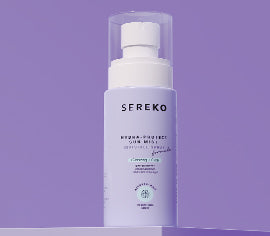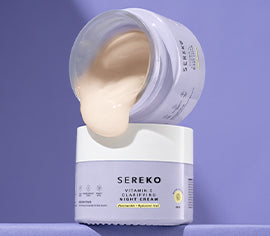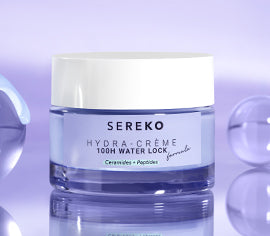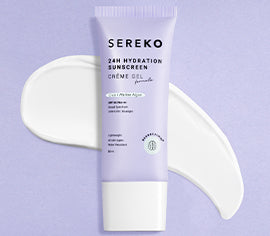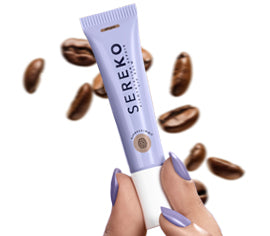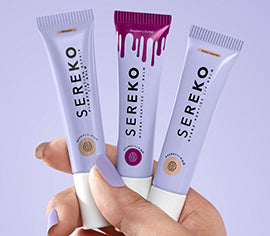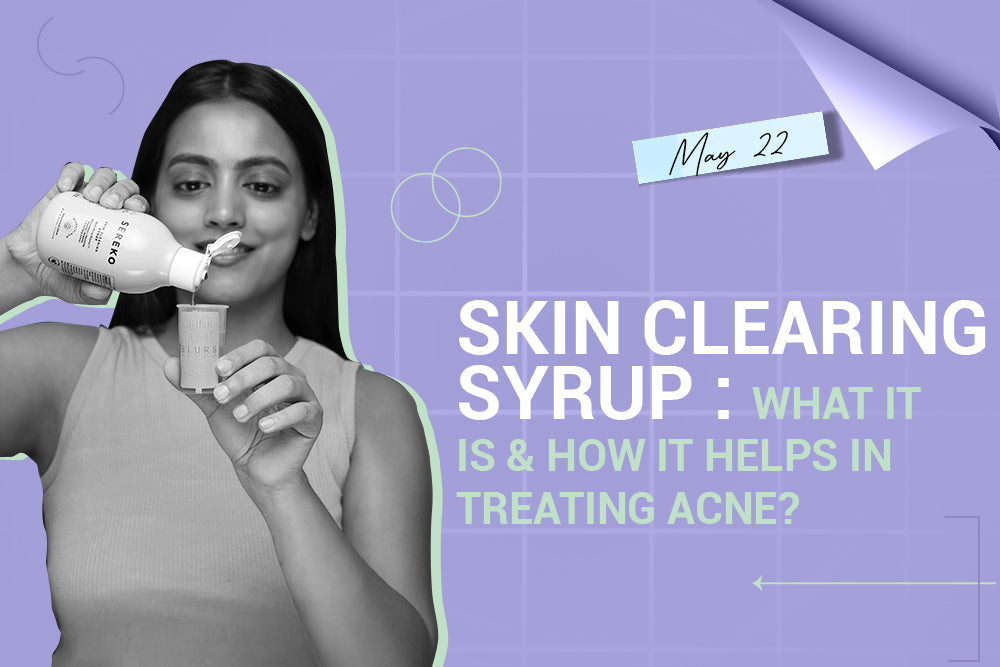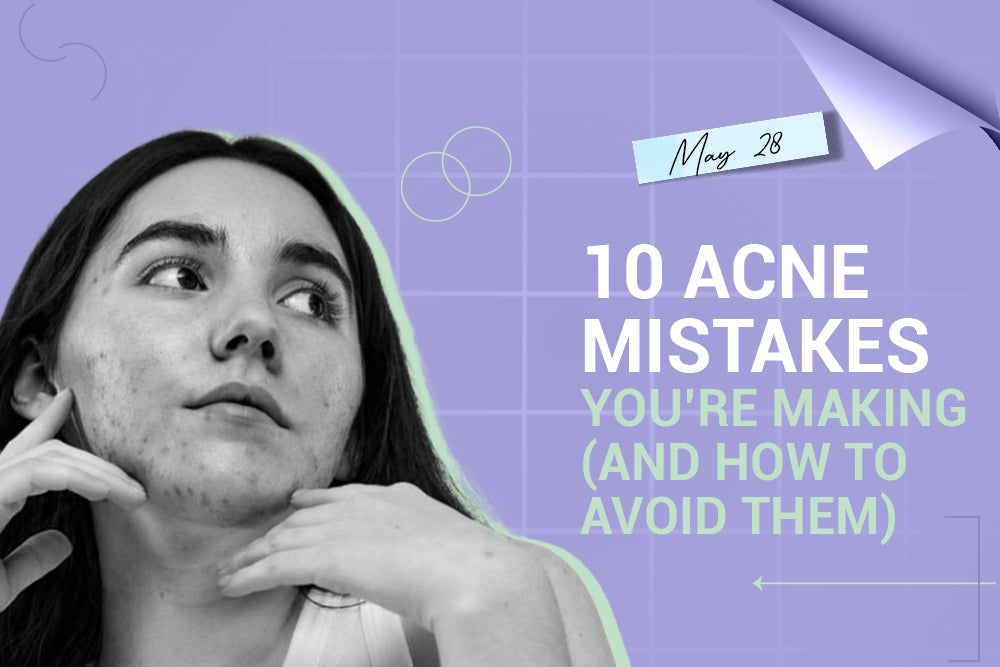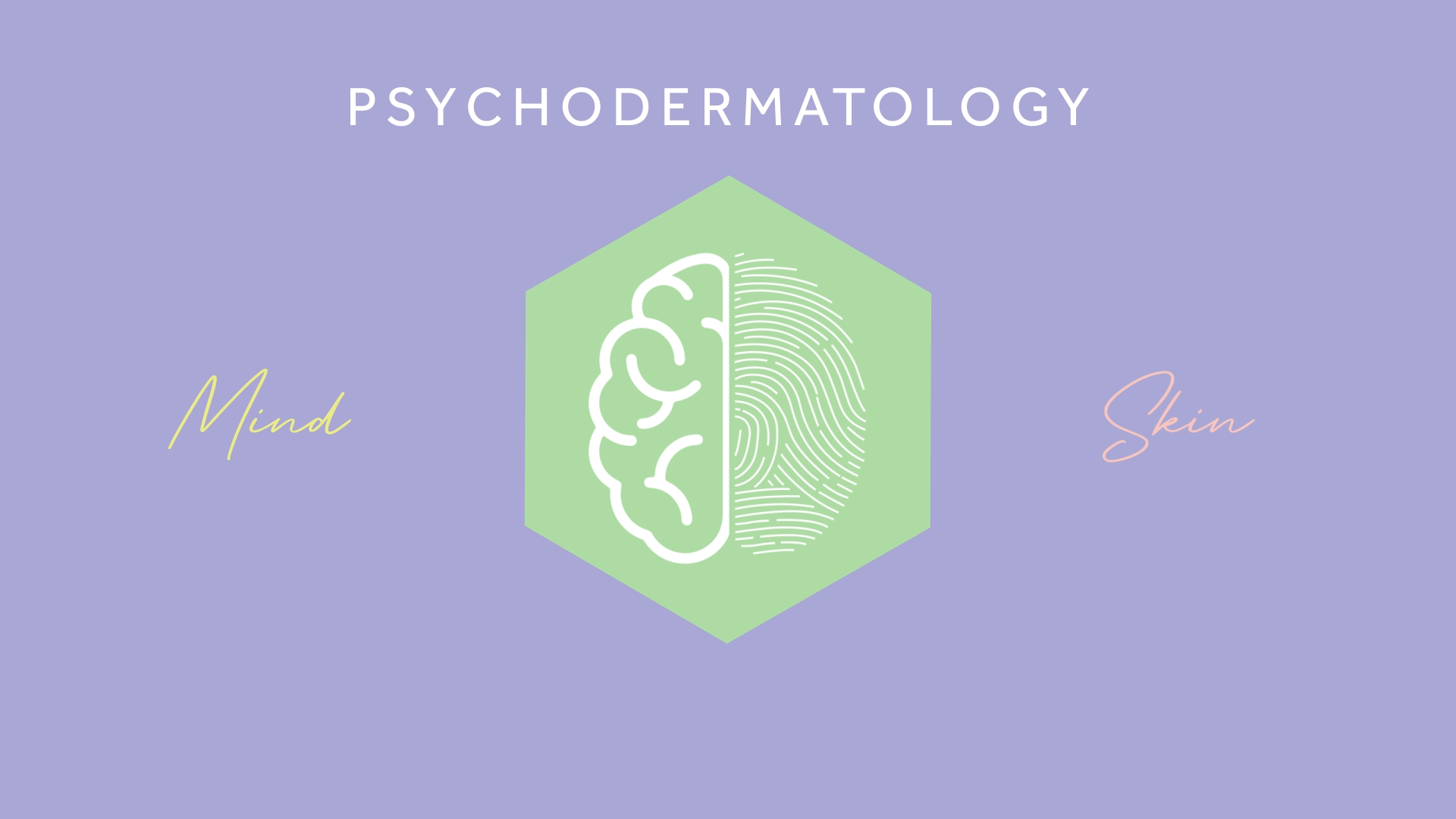You might have thought:
“I think I need something to dry it out, not make it oilier.”
“Why would I moisturize my already oily skin?”
“My skin is oily enough, won’t moisturizer just make me break out more?”
If you’ve ever had these thoughts, you’re definitely not alone. These are some of the most common skincare misconceptions, especially among people with oily or acne-prone skin. But the truth is:
Yes, you absolutely need to moisturize your oily skin.
In fact, the right moisturizer can be a game-changer. It helps balance oil production, soothe inflammation, calm breakouts, and strengthen your skin barrier so your skin can better defend itself against environmental stressors. Let’s unpack why moisturizing is important, what ingredients to look for, and how to use it effectively.
Myth: Oily Skin Doesn’t Need Moisturizer
Many people believe that if their skin is oily, adding more moisture will only make it worse. This misunderstanding comes from confusing oil with hydration.
Oil (sebum) and water (hydration) are two very different things.
Even if your skin looks shiny or greasy, it can still be dehydrated. Dehydration means your skin lacks water — the essential moisture that keeps your skin cells healthy and functioning. When skin lacks hydration, it often compensates by producing more oil, leading to:
- Excess shine
- Clogged pores
- Frequent breakouts
How Do Moisturizers Help?
Moisturizers are designed to help your skin hold onto water, not add oil. They contain different types of ingredients that work together to keep your skin hydrated and healthy:
- Humectants like hyaluronic acid and glycerin attract water from the environment into your skin, boosting hydration levels.
- Emollients such as fatty acids and squalane smooth and soften the skin, restoring its natural texture.
-
Occlusives like silicones or light oils form a protective barrier on the skin to lock in moisture and prevent water loss.
By locking in hydration, moisturizers prevent your skin from going into overdrive producing excess oil, which helps reduce shine and lowers the chance of clogged pores and breakouts.
What Happens When You Skip Moisturizer?
When your skin already feels greasy, applying moisturizer can feel counterintuitive. It might even seem like skipping it will keep your skin matte and breakout-free. But in reality, not moisturizing can throw your skin completely off balance. Here’s how:
1. Your skin barrier gets compromised
Moisturizer plays a key role in maintaining your skin’s protective barrier — the outermost layer that keeps moisture in and harmful irritants out. When you skip it, your barrier can weaken, making your skin more vulnerable to environmental damage, pollution, and bacteria.
2. You’ll likely see more irritation and redness
Without proper hydration, your skin can become dry underneath the surface, leading to sensitivity, inflammation, and visible redness. That tight or stinging feeling you sometimes get? That’s your skin crying out for moisture.
3. Your skin may produce even more oil
Ironically, skipping moisturizer can make oily skin oilier. Why? When your skin senses it's dry or dehydrated, it goes into overdrive to produce more sebum (oil) to make up for the lack of hydration. This leads to excess shine — and not the good kind.
4. Breakouts and congestion can increase
An overproduction of oil, combined with a weakened barrier and increased sensitivity, creates the perfect storm for clogged pores and breakouts. Dehydrated skin can also flake or crack, trapping oil and bacteria underneath, which means more pimples, not fewer.
Confused because your skin feels oily and dry at the same time? You’re not imagining it and there’s a reason behind it.
Read more about why your skin can be both oily and dehydrated here.
What to Look for in a Moisturizer for Acne-Prone Skin
Choosing the right moisturizer makes a big difference. For oily and acne-prone skin, you'll want a product that provides hydration without making your skin feel greasy or clogging your pores.
Here are key features to look for:
-
Oil-free and non-comedogenic: These products won’t clog your pores or cause new breakouts.
-
Lightweight texture: Gel or gel-cream moisturizers are ideal. They absorb quickly and feel refreshing.
-
Fragrance-free: Fragrance can irritate sensitive or acne-prone skin.
Soothing and mattifying ingredients: Ingredients like zinc and niacinamide help reduce redness and control shine.
Gel-Based vs Cream-Based Moisturizers
-
Gel-based moisturizers are water-based and absorb quickly. They feel light on the skin and are excellent for oily skin types.
-
Cream-based moisturizers are thicker and usually better suited for dry or combination skin.
Introducing Oil Clear Moisturizer

If you’re unsure where to start with oily or acne-prone skin, this is the one product to reach for.
Oil Clear Moisturizer is designed to hydrate without clogging pores while addressing oiliness, breakouts, and uneven skin texture.
Powered by Anti-Acne Biome™, it combines advanced microbial actives that help support your skin’s natural microbiome, reduce inflammation, and visibly calm acne-prone skin over time.
Created by SEREKO, India’s first psychodermatology skincare brand, this formula brings together cutting-edge skin science and mood-supportive care to treat your skin and mind in tandem.
The texture is lightweight, non-greasy, and fast-absorbing — perfect for daily use, even under sunscreen or makeup.
What Makes It Different:
-
Natural Moisturising Factors (NMF): These mimic the skin’s natural hydration system, helping it retain moisture and prevent dryness, especially after using acne treatments.
-
Lactic Acid: A gentle exfoliant that helps improve skin texture and fade post-acne marks without irritating your skin.
-
Zinc PCA: Combines the oil-controlling properties of zinc with the hydration-boosting effects of PCA to reduce oiliness and redness.
- Anti-Acne Biome™: This unique blend supports your skin's microbiome, the ecosystem of good bacteria on your skin, helping restore balance and fight acne from within.
Oil Clear Moisturizer is lightweight, absorbs quickly, and won’t leave a shiny finish. It’s also great under makeup or sunscreen, making it perfect for everyday use.
Best Ingredients for Oily, Acne-Prone Skin
If you want to go beyond hydration and actively improve your skin, look for moisturizers with these ingredients:
Natural Moisturizing Factors (NMFs)
These are compounds naturally found in the skin — including amino acids, urea, and lactates — that help retain hydration and maintain a healthy moisture balance. NMFs support the skin’s ability to stay supple, resilient, and comfortable, especially in oily or breakout-prone skin types.
Niacinamide:
Also known as vitamin B3, niacinamide is a multitasking powerhouse. It helps regulate sebum (oil) production, which can reduce shine and prevent clogged pores. It also calms redness and inflammation, strengthens the skin barrier, and helps fade post-acne marks, promoting a clearer and more even skin tone. Suitable for daily use, it’s gentle yet highly effective for oily and sensitive skin types.
Hyaluronic Acid
This is a naturally occurring sugar molecule in the skin that can hold up to 1,000 times its weight in water. Hyaluronic acid works by attracting and retaining moisture in the upper layers of the skin, helping it stay hydrated and plump. Despite being ultra-hydrating, it’s oil-free and won’t clog pores, making it an ideal ingredient for oily or acne-prone skin that still needs water-based moisture.
Zinc PCA:
Zinc PCA is a combination of zinc, a mineral with anti-inflammatory and antibacterial properties, and pyrrolidone carboxylic acid (PCA), which helps moisturize the skin. Together, they regulate sebum production, inhibit acne-causing bacteria, and help calm irritated skin. Zinc PCA also supports the skin’s healing process and keeps breakouts under control without overdrying.
Lactic Acid:
A type of alpha hydroxy acid (AHA) derived from milk or fermented plants, lactic acid gently exfoliates the surface of the skin by breaking down dead skin cells. It helps unclog pores, smooth rough texture, and improve skin clarity while still maintaining moisture. Unlike harsher exfoliants, lactic acid also acts as a humectant, helping the skin stay hydrated — a bonus for oily skin that can also be dehydrated underneath.
Ceramides:
Ceramides are lipid molecules naturally found in the skin’s outermost layer. They play a crucial role in maintaining a strong, healthy skin barrier by sealing in moisture and keeping external irritants out. For oily or acne-prone skin, ceramides help restore balance, reduce sensitivity, and prevent water loss — all without feeling greasy or heavy. A damaged barrier often leads to increased oil production, so replenishing ceramides is essential for long-term skin health.
These are the best acne skincare ingredients that not only hydrate but also support clearer, healthier skin over time.
How to Apply Moisturizer the Right Way
How and when you apply your moisturizer matters. For the best results:
1. Cleanse: Use a gentle, non-stripping face wash to remove excess oil and dirt.
2. Treat: Apply any serums or treatments (like salicylic acid, and azelaic acid ).
3. Moisturize: Apply your moisturizer while your skin is still slightly damp. This helps lock in hydration.
4. Detox: Take 1 serving (10ml) of the Skin Clearing Syrup and mix with 20 ml of water. Consume once daily. For visible results, use for at least 2 months.
Using Oil Clear Moisturizer after treatment steps seals in actives and prevents moisture loss, all without clogging pores.
In the morning, follow up with sunscreen (SPF 50 or higher). At night, make moisturizer your final step.
CONCLUSION
If you’ve been skipping moisturizer thinking it will make your oily skin worse, you’re not alone. But skipping hydration can actually cause more breakouts and imbalance.
That’s why SEREKO’s Oil Clear Moisturizer is specially formulated to hydrate without clogging pores while targeting oiliness and acne.
Ready to try something new? Explore our full Anti-Acne Biome™ range designed to support oily, acne-prone skin with gentle, effective care.


